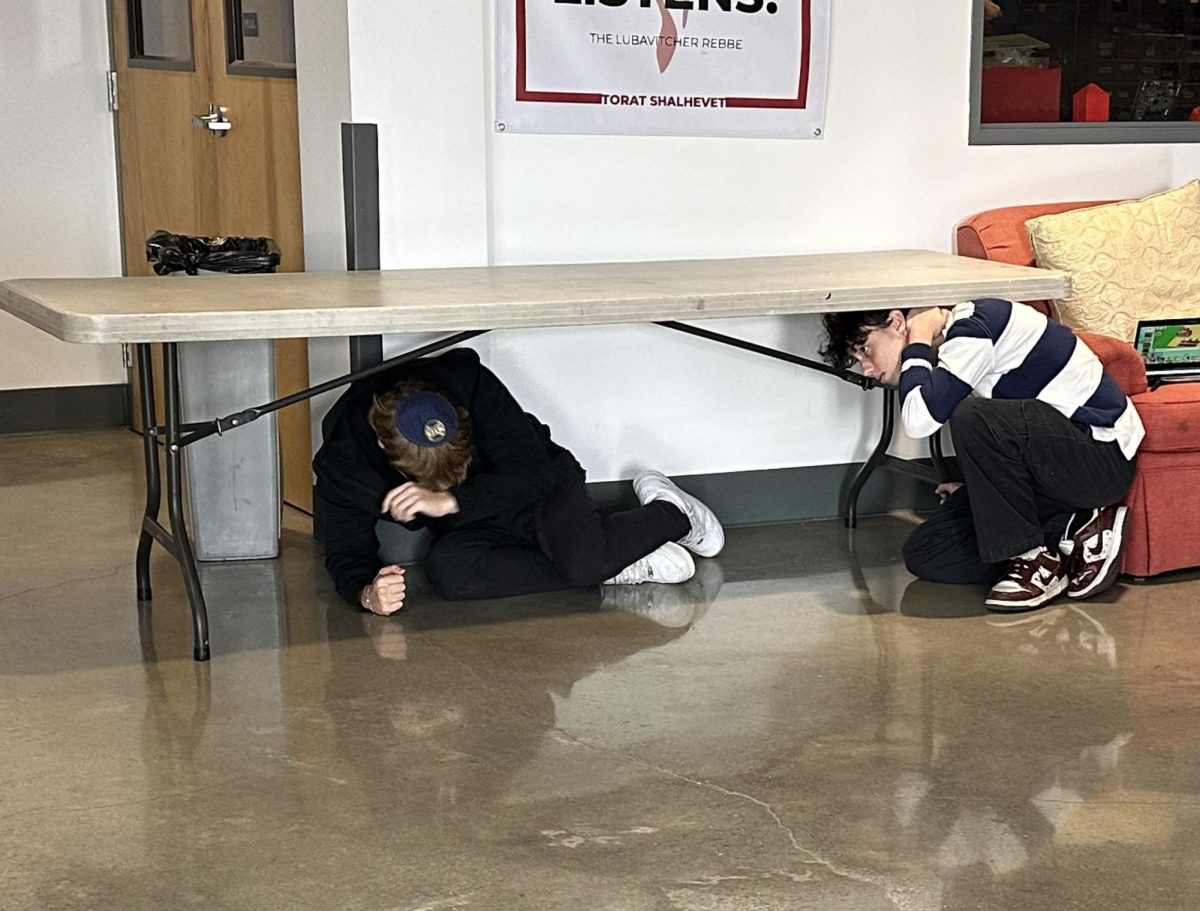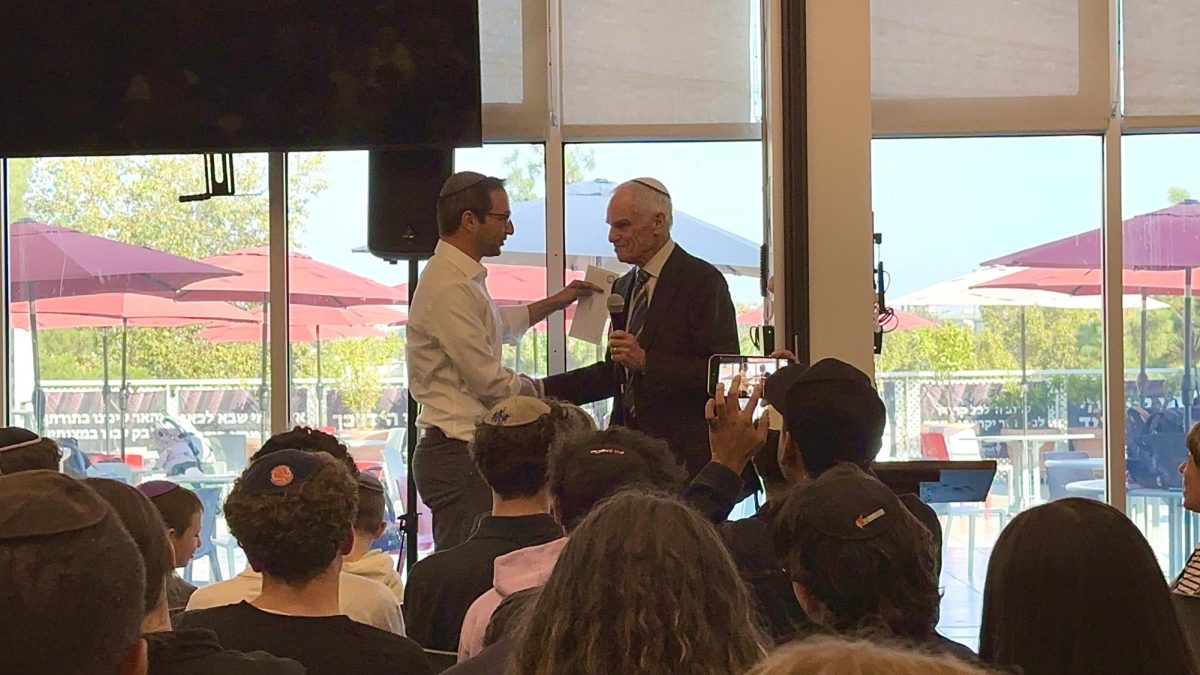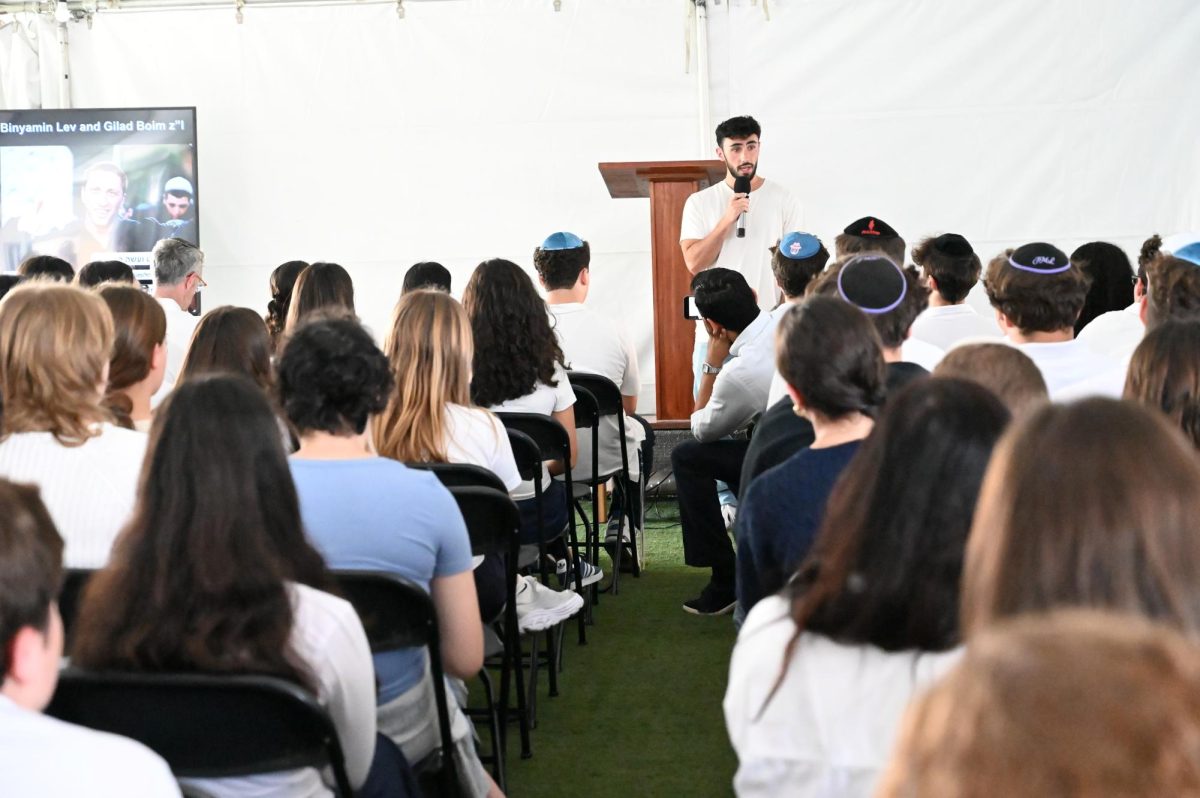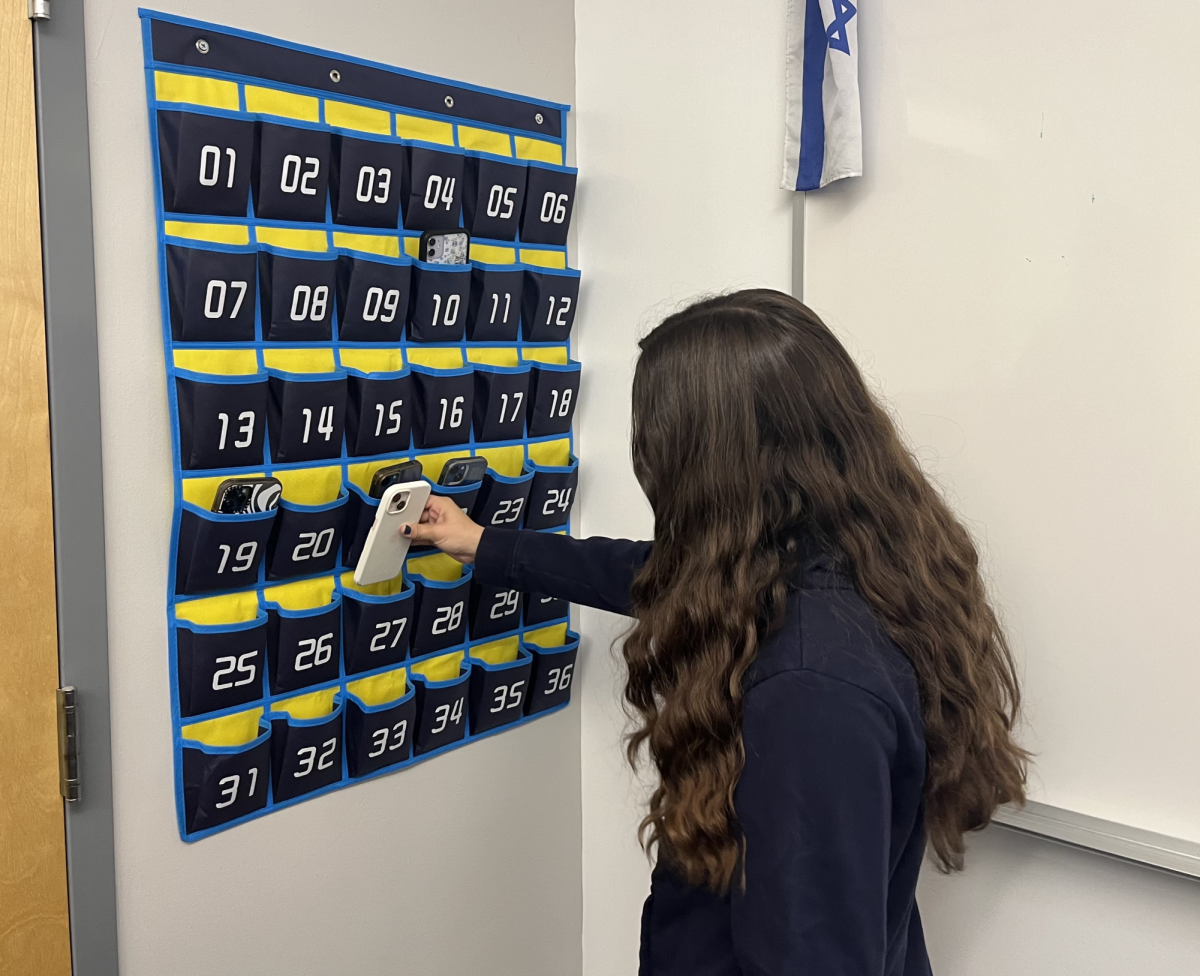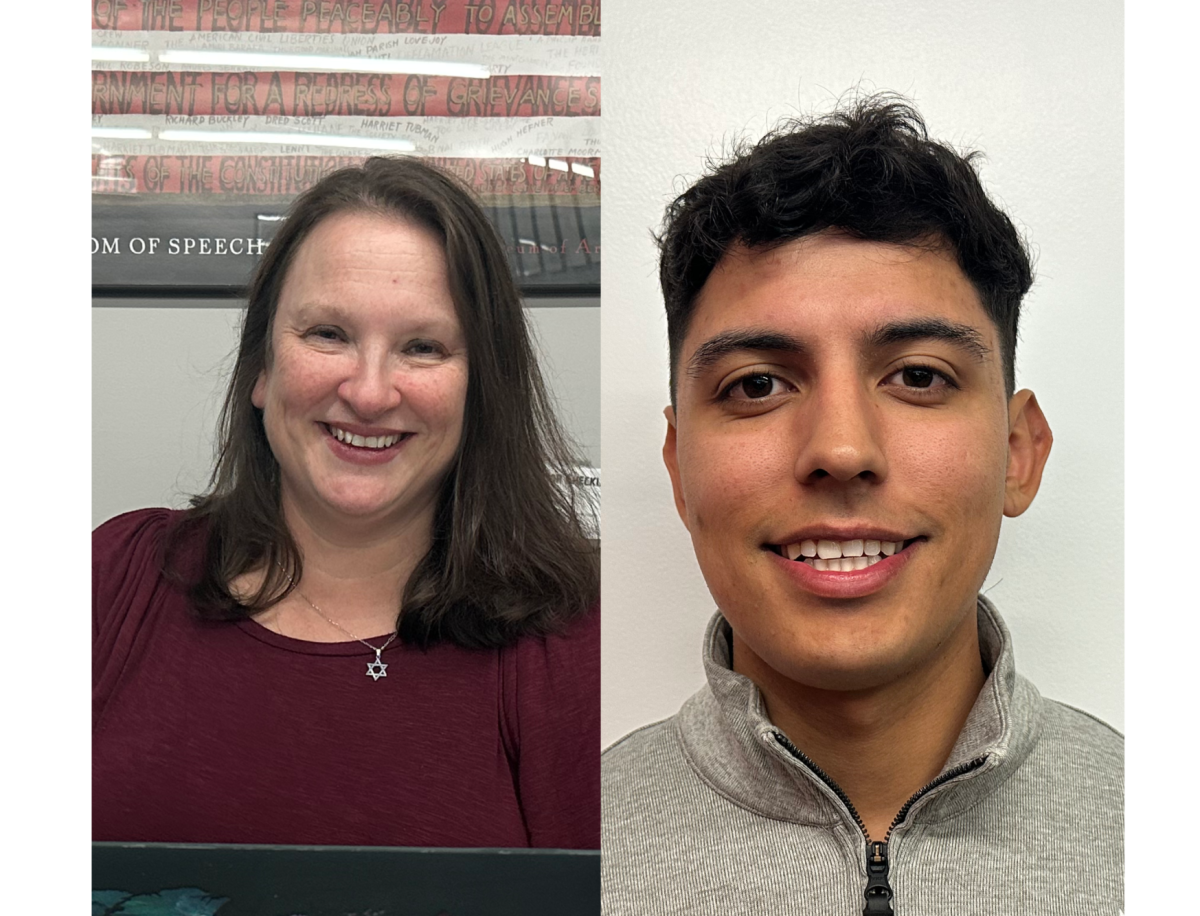Roland Arnall, co-founder of the Simon Wiesenthal Center and one of Shalhevet’s most significant founding donors, died unexpectedly March 17 at the age of 68.
He gave tens of millions of dollars to charity every year, including to “every single Jewish educational organization in LA, regardless of denomination,” said Judaic Studies teacher Rabbi Aaron Parry, who attended Arnall’s funeral at Forest Lawn Cemetery.
Arnall was the founder of the subprime lending company Ameriquest Mortgage, and was the U.S. ambassador to the Netherlands from 2006 to 2008. In 2006, he was listed as No. 73 on the Forbes 400 list, as well as No. 14 on the list of Forbes’ Top 20 Richest Immigrants.
“[He] was a distinguished philanthropist in the Jewish community and general community as a whole, with a commitment to education and supporting those in need in hospitals and those who are disabled in the U.S. and around the world,” said Rabbi Marvin Hier, dean of the Wiesenthal Center, in an interview with the Los Angeles Times.
Arnall was born in Paris, France, to Eastern European Jews who had fled from the war. He was raised a Catholic, and was unaware of his Jewish identity until he was six.
Later in his life, he moved to Los Angeles, where he sold flowers on the streets—his first business venture.
“He was always very ambitious,” said Judaic Studies teacher Tara Klein, Arnall’s cousin. “His parents were tailors, so he was a self-made billionaire. He did everything on his own.”
According to Mrs. Klein, one of Arnall’s biggest projects was in the city of Ir David in Israel, right by the Western Wall. Arnall would buy parts of the land, owned by Arabs, and would sell it to Jews who wanted to live there.
“We called him Uncle Roland,” Mrs. Klein said. “We didn’t think of him as the Roland Arnall.”
“He was involved in many different charities, almost all of them anonymously,” said Rabbi David Rue, Judaic Studies teacher and friend of Arnall’s son, Rabbi Daniel Arnall. “He never wanted credit for anything. He would become the co-chairman of a board and not even allow them to put his name on the stationery.”
“I remember him saying that one of the prime reasons he became ambassador to the Netherlands was that he wanted to work on European anti-semitism,” continued Rabbi Rue. “He was interested in Jewish continuity, which he knew was in Jewish education.”
“Roland had the ultimate poker face,” continued Rabbi Rue. “If you were discussing business with him, he was very good at drawing information out without giving any back. Which I’m sure was critical for him to be as successful in business as he was.”
Rabbi Aaron Parry, who didn’t know Arnall personally, works with Rabbi Rue at the Los Angeles Beit Din on Wilshire Blvd., in a building that Arnall himself owned.
“I was a direct recipient of his largesse, since Rabbi Rue and I have worked in that building for several years,” Rabbi Parry said.
“The funeral itself proved his very ecumenical outlook on life,” Rabbi Parry continued. “You had everyone from a bevy of rabbis to a who’s-who in California politics.”
Arnall died of undiagnosed, asymptomatic esophageal cancer. According to Rabbi Rue, he didn’t have a personal doctor, and was healthy his whole life.
“For someone like that not to have a doctor is pretty rare,” Rabbi Rue said.


